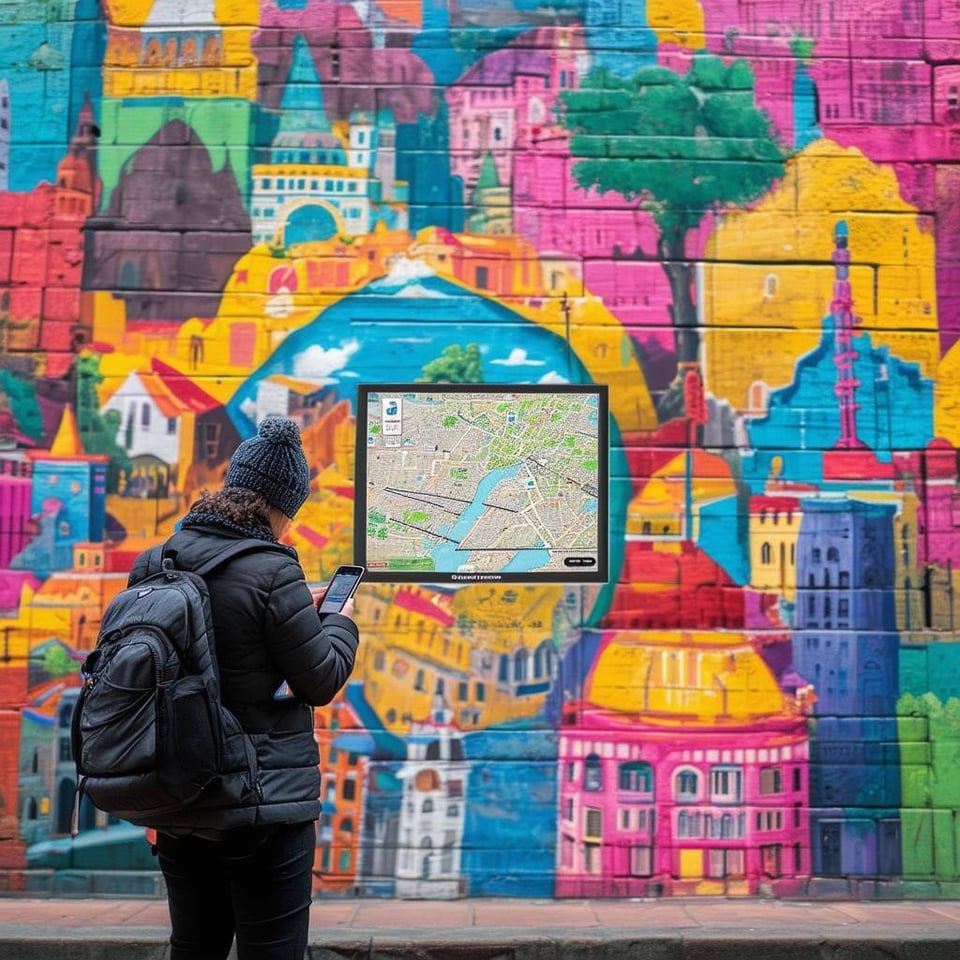Essential Safety Tips for Solo Travelers

Solo travel offers an exhilarating experience, a path to self-discovery and exploration. However, despite its excitement, traveling alone presents unique challenges, particularly regarding safety. Whether you're embarking on your first solo trip or are an experienced traveler, it's essential to be well-prepared and vigilant to ensure your journey is both enjoyable and secure.
Research Your Destination Thoroughly
Before you embark on your solo adventure, it's essential to research your destination thoroughly. Familiarize yourself with local customs, laws, and cultural nuances to avoid any unintentional faux pas. Knowing the safest areas, transportation options, and emergency contact numbers can give you peace of mind and help you navigate unfamiliar territory with confidence.
Additionally, check travel advisories and read reviews from other travelers. This can provide valuable insights into the places you plan to visit and help you avoid potential risks.
Maintain Regular Communication with Trusted Contacts
Staying in touch with friends or family back home is a key safety measure. Share your travel itinerary with them and establish a regular check-in schedule. This ensures that someone knows your whereabouts and can take action if they don't hear from you as expected.
Utilize technology to your advantage by sending updates through messaging apps, social media, or email. This not only keeps your loved ones informed but also provides a sense of security for both you and them.
Be Aware of Your Surroundings
Awareness is your best defense when traveling alone. Pay attention to your environment and the people around you. Avoid distractions like excessive phone use, which can make you a target for petty theft or other crimes.
Trust your instincts and remove yourself from situations that feel uncomfortable or unsafe. Being alert can help you detect potential dangers early and take appropriate actions to protect yourself.
Secure Your Belongings
Keeping your belongings secure is crucial when traveling solo. Invest in anti-theft bags and locks to safeguard your valuables. Avoid carrying large sums of cash and use credit or debit cards when possible.
Be mindful of where you store your passport, money, and other important documents. Consider using a money belt or hidden pouch to keep these items close to your body and out of sight from potential thieves.
Trust Your Instincts
Your intuition is a powerful tool, especially when you're on your own. If a situation, person, or place doesn't feel right, don't hesitate to leave. Your gut feelings are often based on subtle cues that your conscious mind might not immediately recognize.
It's better to be cautious and avoid risks than to ignore your instincts and find yourself in a dangerous situation. Trusting yourself can significantly enhance your safety while traveling alone.
Plan Your Itinerary and Share It
Having a well-thought-out itinerary can make your solo trip smoother and more enjoyable. Plan your daily activities, accommodation, and transportation in advance. This preparation helps you avoid last-minute decisions that could compromise your safety.
Share your itinerary with trusted contacts and update them if there are any changes. This allows them to know where you are supposed to be at any given time and can be crucial in case of an emergency.
